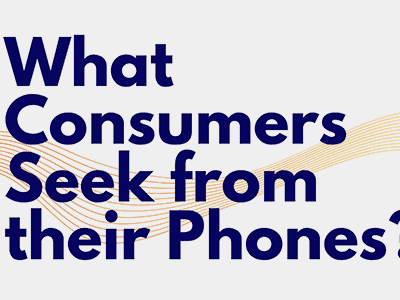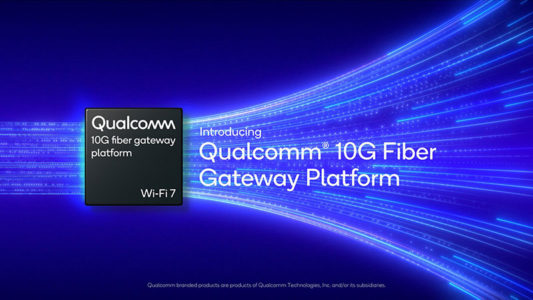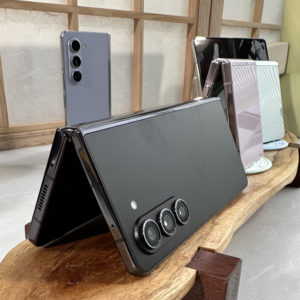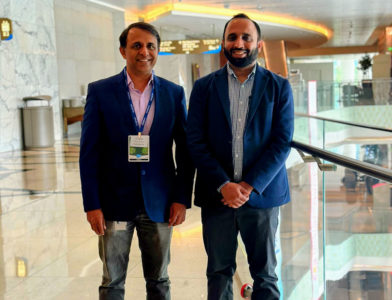What’s driving India? It’s not mobile screens. It’s music.
Share This Post
COVID-19 and the ensuing lockdown have really contributed to a clear departure in the way we lead our lives. From being always on the go, we have moved into a neo normal – homebound, with nowhere to go, nothing much to do. The ‘always on’ work-from-home environment has obliterated the concept of 9-to-5 work. We have been inundated with insights on long screen-time, the realization to detox, and the spike in digital and video content consumption.
Well, that just tells one part of the story.
At CMR, we decided to broadbase our focus, and look at what is happening in emerging India, and the consumer cohorts therein, covering both feature and smartphone users, cutting across SEC segments.
The study conducted in association with HMD Global has provided us with granular insights on how audio, and specifically music, is driving Indians through this moment of unparalleled crisis. Whether it be a feature phone user, or someone on a smartphone, the need for music to propel us forward is key. We listen to music when we are in a good mood, or, for instance, when we need to detox.

Quality mobile music and audio is key in the neo-normal.
While the popular discourse has revolved around ‘mobile camera’ and innovations therein, we tend to overlook the importance of ‘quality audio’. As an integral part of the mobile phone experience, mobile audio assumes greater significance, now than ever before, as we move into the neo normal. As we operate from a homebound economy, mobile audio has become a key consideration for consumers – think, communication, content consumption or team collaboration. For instance, in situations involving low bandwidth, the importance of audio becomes more critical. The study findings point to lower SECs spending more time listening to audio, including FM and MP3, while higher SECs are open to ideas about a companion device. Beyond music, smartphone consumers also tune to podcasts, while feature phone cohorts prefer FM and MP3.
Effortless music matters for consumers.
What do we mean by ‘effortless music’? At the end of a long day, it becomes more tedious to browse through and select that one song which will uplift us. Indians love listening to free music. For some consumer cohorts, this translates to listening to radio and storing songs on their phones. Average time spent on listening to music and other content is around 7 hours in a week.
Consumers warm to the idea of a companion phone.
The experience of music listening through a companion phone is something that some consumer cohorts are warming-up to. The need for such a device is driven by the need for not just effortless music, but digital fatigue and the need for simplifying life.
Three in every four users feel the need to have an additional feature phone for listening to audio content and communication. This trend is more pronounced amongst higher SECs.
Among those from lower SECs, two in every three users are likely to use feature phone over smartphone for effortless music listening and remove digital fatigue.
In conclusion
So, what does all this translate into? In these testing times, ‘trust’ and ‘reliability’ in the mobile brand holds more true than ever before. An overwhelming majority of those surveyed pointed out ‘trust’ and ‘reliability’ as a key criterion, when it comes to potentially selecting a feature phone.













